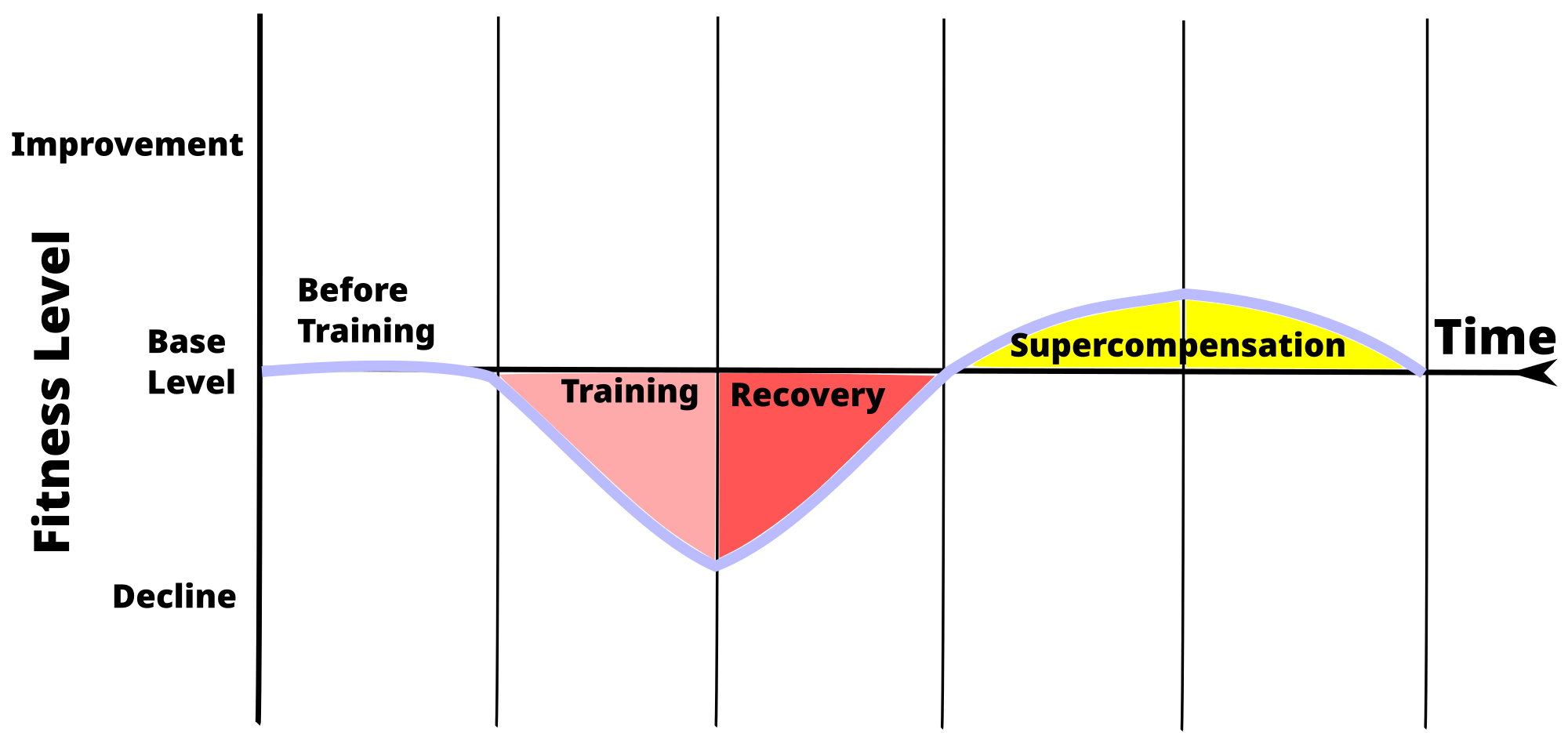The message conveyed in the following post is meant to come across as a little tongue-in-cheek and sarcastic.
But here it goes anyways:
We like to overcomplicate things.
To say this, of course, comes with a degree of subjectivity.
Given the current climate we live in with regards to politics, gun control, terrorism, climate change, Black Lives Matter, LGBT rights, not to mention the impending zombie apocalypse, it stands to reason some topics, indeed, are very complicated.
However, taking those things out of the discussion[footnote]Along with the 2016 Olympic games in Rio de Janeiro, wild fires, food borne illnesses, Zika virus, pollution, why Rocky V was even made?, and poodles[/footnote] …for me, things like Mandarin, Tort Law, rocket science, beating Mike Tyson in Mike Tyson’s Punch-Out, and how to make an omelet without breaking it, is complicated.
For others those things are a walk in the park.
FML – I hate you random internet nerd because I am not you
That said, I’d make the case there’s no arena where we tend to overcomplicate things more so than in the health and fitness realm.
To quote Nia Shanks:
“If there’s an industry plagued with profuse amounts of bullshit, it’s health and fitness. Know what it is so you can avoid it and spend your time doing what actually works.”
Don’t get me wrong: there are, without question, certain aspects that require more analysis, deeper thought, and expertise.
Someone coming off a major injury and trying to return to a high-level of competition or fitness will require a more thorough, detailed approach compared to someone who’s just looking to “lose ten lbs.”
Working around a legitimate food allergy – and not some self-diagnosed gluten intolerance you learned about via your best friend’s, uncle’s, next door neighbor’s, milkman’s blog – requires more diligent planning and attention to detail.
Likewise, what it takes from a programming standpoint to take someone from a 500 lb deadlift to a 700 lb deadlift is more complicated than what’s required to coach a beginner on how to perform a basic hip hinge.
Extenuating circumstances aside, man-o-man do we like to overcomplicate things.
Take for example a conversation I had the other day with an athlete I work with. After his training session he asked my opinion on what the best recovery strategies were?
Athlete (today): “what’s the best recovery strategy?” Me: ” go to bed.”
— Tony Gentilcore (@tonygentilcore1) July 5, 2016
To his credit: he isn’t the type of guy looking for quick-fix answers, and we had a nice chuckle over my answer.
But I was serious.
I’ve had the same conversation with athletes/clients in the past and have been met with my fair share of quizzical looks.
As if the answer they were expecting to hear was:
“Okay, here’s what you need to do. Go home and perform contrast showers paired with Paleo x AMRAP.”
When in the reality the “best” approach is:
- Go to bed.[footnote]Try to turn off your laptop, iPad, or phone at least and hour prior, read a book, turn on a fan for additional white noise, invest in a quality mattress and room darkening curtains. Also, Eric Cressey has been quoted as saying any hours of sleep you can get BEFORE midnight (as opposed to after) bodes in your favor. Eights hours of sleep from 10PM-6AM tends to be of higher quality compared to 2AM-10AM.[/footnote]
- Do your best to stay hydrated.
- Ensure ample calories between training sessions to promote and aid recovery.
- Respect General Adaptation Syndrome, the concept of supercompensation, and how those correlate with managing training stress/recovery.

I’m sure if I perused all my behavioral economics books (or asked my wife who’s a psychologist) I’d find the technical term best used to describe why people tend to dismiss the simple answers and gravitate more towards the complicated, arduous ones.
It seems we’re like moths being drawn to the flame.



